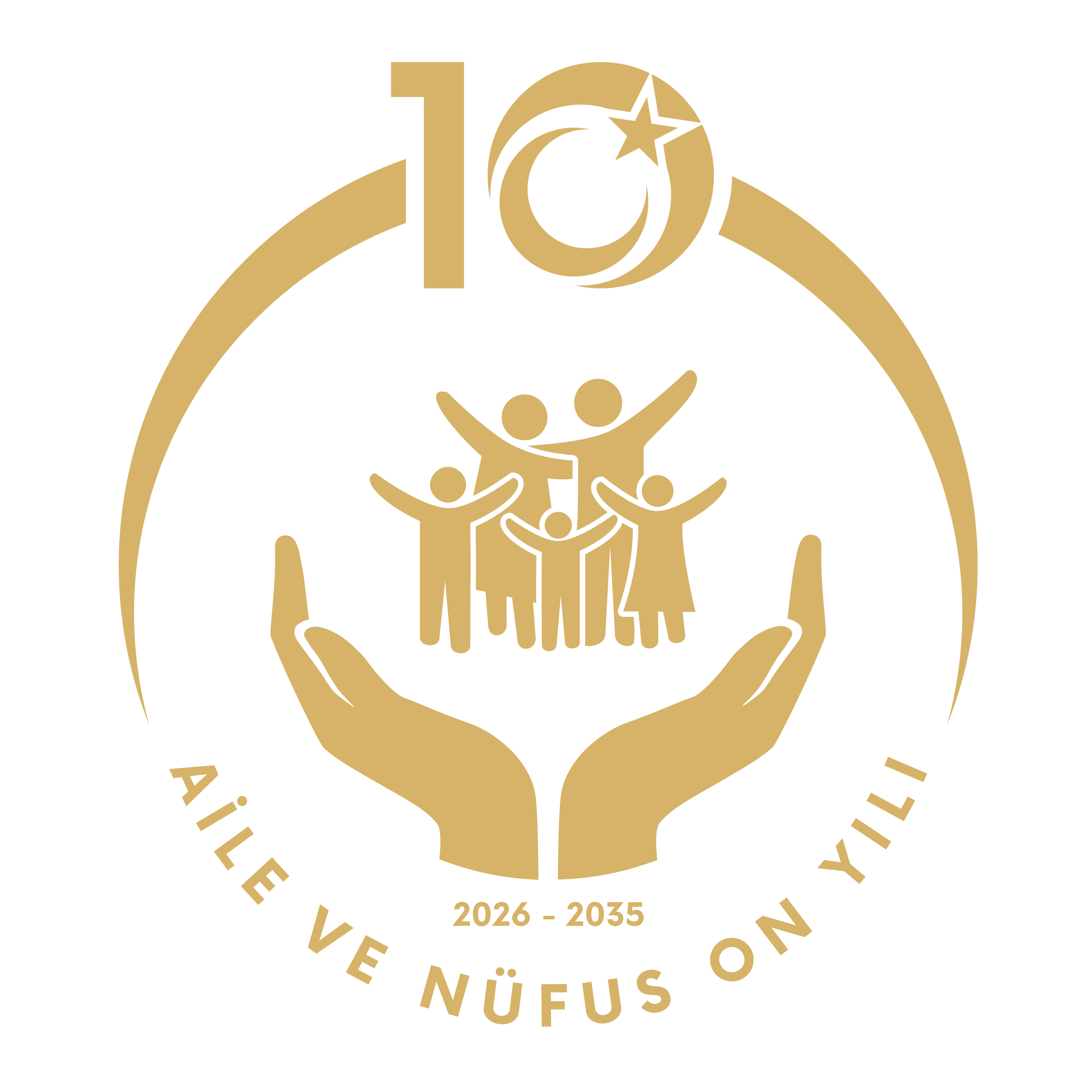
The trainings organized by the Directorate General of Child Services to increase the effectiveness of the practices and to qualify the employees working in the field continue. One of the trainings planned to be held online for a while due to the measures taken due to the epidemic has been organized for professionals working in Child Support Centers and Child Protection First Response and Evaluation Units. Anka Practitioner Training for Unaccompanied Children has been held with the participation of 100 professionals working in Child Support Centers and Child Protection First Response and Evaluation Units. The opening of the two-day training has been made by Zeliha Sağlam, Director General of Child Services.
What are the Services for Unaccompanied Minors?
As is known, children coming to Turkey without an adult responsible for them juridically or customary are identified as unaccompanied children as long as they are not taken into the effective care of a responsible person. Within the scope of the Child Protection Act No.5395, protective and supportive measures are applied to children who meet this definition, and it is aimed to prevent children from being put at risk.
It is ensured that unaccompanied children, who are taken under protection and care, primarily benefit from family-oriented services. In cases where this is not possible, children in the 0-12 age group are cared in Child Homes and Child Homes Buildings Complex, which are home-type care institutions; children in the 13-18 age group are cared in specialized Child Support Centers. In order to ensure the family integrity of children who are separated from their families during or after migration among those under protection and care, the activities on follow-up of families and family reunification are carried out in cooperation with relevant institutions.
What is Anka Child Support Program?
Anka Child Support Program, which includes psychosocial support and intervention, has been established by the Directorate General of Child Services for children under protection and care in Child Support Centers and their families. The Program aiming at multi-directional approach and intervention consists of the components structured as The Individual Needs and Risk Assessment Form (BİRDEF), Group Studies, Individual Counseling, Family Studies, Supportive Environment Components, Approach Principles for Supportive Personnel, and Institutional Approach in Crisis Response.
Anka Child Support Program is applied to children who are dragged into crime, who are victims of crime, who are faced with social dangers on the street, and unaccompanied children in our country. Psychosocial support services are provided to children with the program, which is structured by focusing on the individual differences and needs of children. With long-term activities to be carried out within this framework, it is aimed to help children to adapt to their families and social environment by curing the trauma and behavioral disorders caused by negative life experiences. The program, which is implemented by specially trained professionals, is aimed at minimizing the effects of the trauma experienced by children and empowering them psycho-socially.
Anka Child Support Program Practitioner Trainings
As a result of the activities that started with the need for a structured psychosocial support program for unaccompanied minors who are provided with protection and care and access to basic social services, the Anka Child Support Program has been adapted to unaccompanied children in 2018. Practitioner trainings for the program, which are currently being implemented, continues.
Aiming at a multi-directional approach and intervention, Anka Child Support Program Practitioner Trainings are expected to contribute to personnel working directly with children and to be a guiding resource in psychosocial support services for children.
Anka Child Support Program, adapted for unaccompanied children, consists of modules as nutrition, problem solving, friendships, communication skills, addiction, recognition of emotions, anger and stress management, ability to say no, respect for others, social rules, daily life, basic health and infectious diseases.








